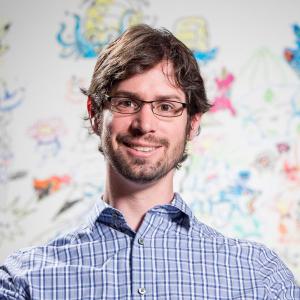Magnus Egerstedt

Magnus Egerstedt
Dean of The Henry Samueli School of Engineering; UC Irvine
Dr. Magnus Egerstedt is Dean of The Henry Samueli School of Engineering at the University of California, Irvine and has previously served as the Executive Director for the Institute for Robotics and Intelligent Machines at Georgia Tech. He received the M.S. degree in Engineering Physics and the Ph.D. degree in Applied Mathematics from the Royal Institute of Technology, Stockholm, Sweden, the B.A. degree in Philosophy from Stockholm University, and was a Postdoctoral Scholar at Harvard University. Dr. Egerstedt conducts research in the areas of control theory and robotics, with particular focus on control and coordination of multi-robot systems. Magnus Egerstedt is a Fellow of the IEEE and a Foreign member of the Royal Swedish Academy of Engineering Science, and he has received a number of teaching and research awards, including the Ragazzini Award from the American Automatic Control Council, the Outstanding Doctoral Advisor Award and the HKN Outstanding Teacher Award from Georgia Tech, the Alumni of the Year Award from the Royal Institute of Technology, and the CAREER Award from the U.S. National Science Foundation.
404 894-4468
- Autonomy
Control Theory; Robotics
IRI Connections:






